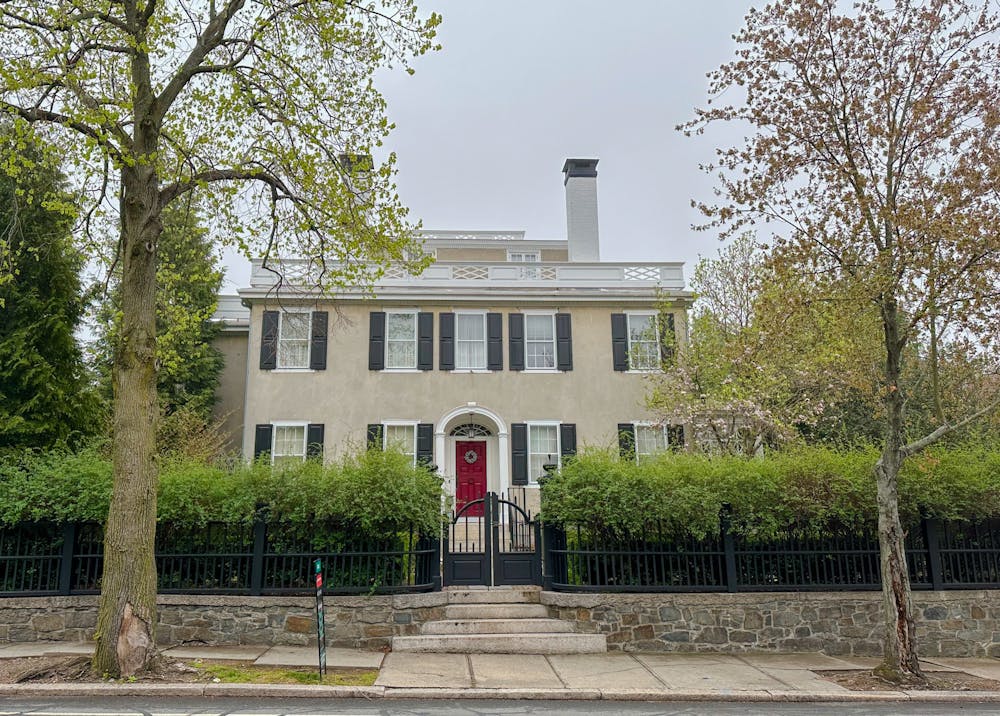Brown closed on the purchase of a $2.51 million property located at 125 Hope St. on Monday, according to a University press release. The house will serve as the residence for Brown’s incoming provost Francis J. Doyle III starting this July.
The University previously housed its provost in a property at 37 Cooke St. Data from the housing website Zillow shows that the Cooke property sold in November 2020 for over $1.5 million.
According to the press release, in its selection for the provost’s new residence, the University sought a house that was better suited to host “events and gatherings,” enabling the chief academic officer’s responsibility of fostering community on campus and building relationships with external partners.
The new location on Hope Street between Young Orchard Avenue and Power Street “represents a significant improvement in location, condition and convening spaces” compared to the previous residence, which “lacked yard space and adequate on-site parking,” according to the press release.
As with 37 Cooke St., the University will not claim a homestead exemption for the Hope Street property, which “provides residential homeowners a 40% reduction on their annual property taxes,” according to the City of Providence website. The new property’s tax bill would have been $38,072 in 2022 had its previous owners not claimed the homestead exemption, according to the press release. The tax revenue to Providence from 125 Hope St. will increase moving forward.
According to the Zillow listing for the Hope Street house, the 5,624 square foot property, known as The Joseph Cooke House, was built in 1819 and is recognized as “one of Providence's most impressive Federal landmarks.” The property is part of the historic district surrounded by Hope, Power and Cooke streets. Between 2006 and 2009, the house went through a “state-of-the-art” renovation and now features five bedrooms, eight bathrooms and a formal garden.
According to the Providence Preservation Society Guide to Providence Architecture, the Cooke House is larger and “more idiosyncratic” than the typical “houses built in developing neighborhoods from 1810 to the early 1830s.”

Julia Vaz was the managing editor of newsroom and vice president on The Herald's 134th Editorial Board. Previously, she covered environment and crime & justice as a Metro editor. A concentrator in political science and modern culture and media, she loves watching Twilight (as a comedy) and casually dropping the fact she is from Brazil.





